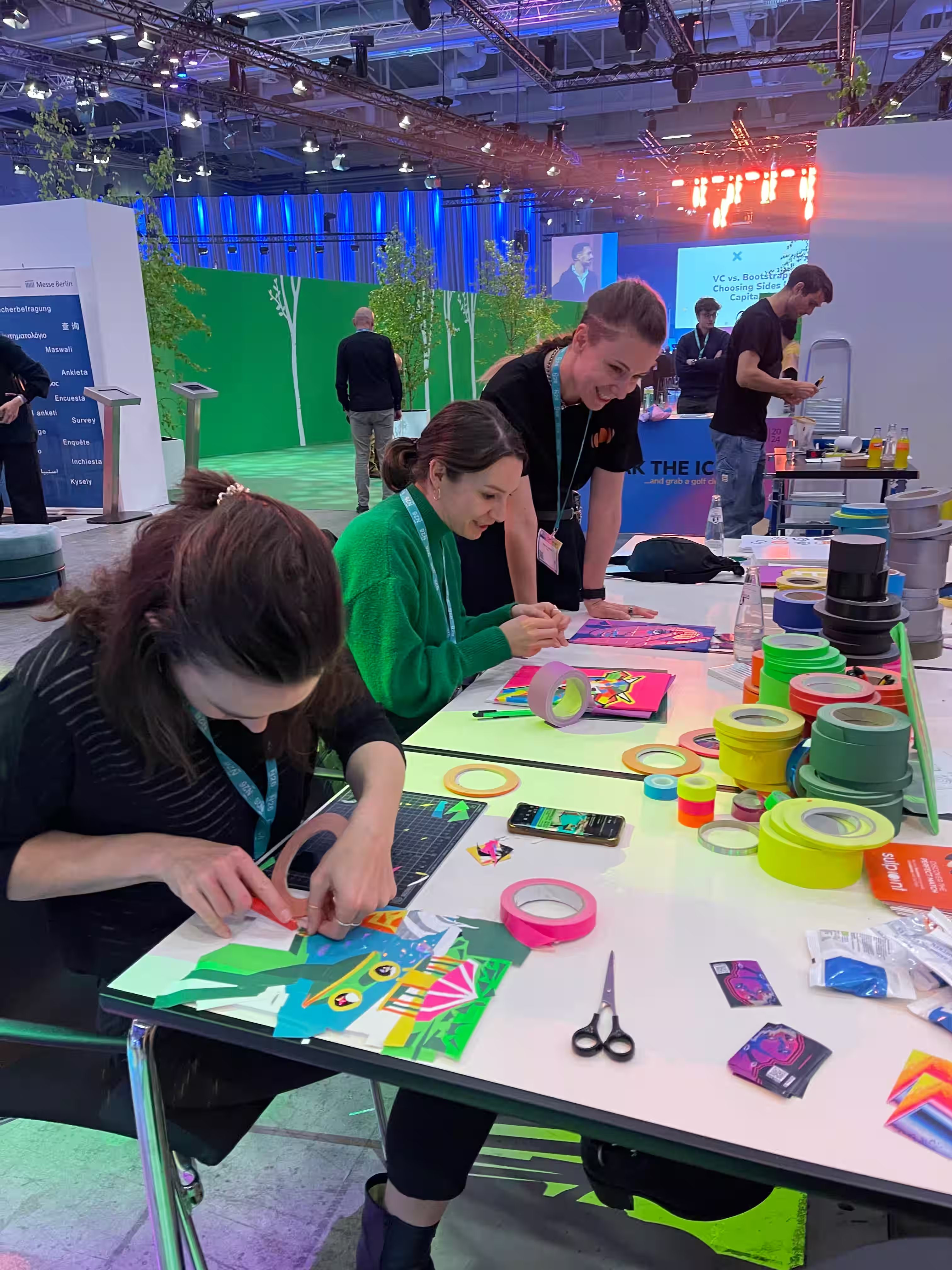In the dynamic landscape of modern business, corporate team building trips have emerged as more than just leisurely getaways. They represent a strategic investment into an organization’s most valuable asset—its people. These off-site excursions are meticulously curated to bolster interpersonal synergy, stimulate creative problem-solving, and cultivate a culture of mutual trust and cohesion.
By temporarily removing teams from the conventional confines of boardrooms and cubicles, companies unlock new realms of engagement where authentic connections flourish and professional bonds deepen. When implemented with intent, these journeys foster not only camaraderie but also sharpen the competitive edge of the enterprise itself.
Why Are Corporate Team Building Trips Important for Organizational Success?
In essence, a corporate team building trip functions as a microcosm of organizational collaboration. It condenses and amplifies the dynamics that typically unfold over months into an intense, often transformative, experience. According to a study by Harvard Business Review, high-performing teams consistently report higher levels of interpersonal familiarity and trust—attributes that team building retreats can effectively catalyze.
The benefits of such trips transcend traditional training sessions. They integrate elements of experiential learning, real-time feedback, and spontaneous interaction—all within an informal context that disarms corporate hierarchies and encourages openness.
Top Benefits of Corporate Team Building Trips
- Enhanced communication: Off-site settings often encourage unfiltered dialogue and cross-functional interaction.
- Improved morale: Stepping away from routine reinvigorates team spirit and reaffirms employees’ value within the company.
- Innovation stimulation: Novel environments prompt creative thinking, particularly in brainstorming and problem-solving scenarios.
- Leadership development: Unstructured activities reveal natural leaders and latent talents that remain hidden in standard office contexts.
- Retention and loyalty: Thoughtfully organized trips are perceived as a genuine investment in employee well-being, fostering long-term loyalty.
What Types of Trips Are Best Suited for Corporate Team Building?
Not all team building experiences are created equal. The nature of the trip should reflect both the company culture and specific team objectives. A technology startup seeking to spark innovation might opt for an outdoor adventure laced with collaborative challenges, while a legacy finance firm may gravitate toward curated retreats with structured workshops and keynote sessions.
What Are the Key Elements of a Successful Team Building Trip?
Crafting a corporate team building trip that yields measurable outcomes requires more than just booking a venue and scheduling activities. The most effective trips are anchored in clear objectives and personalized to the team’s dynamics. Here are several essential components to consider:
- Defined goals: Establish what the team should achieve—be it improved communication, conflict resolution, or creative ideation.
- Balanced itinerary: Mix structured sessions with free time to avoid burnout and allow natural team interactions.
- Inclusive activities: Choose experiences that accommodate all physical abilities and personality types, ensuring that every team member feels valued.
- Reflection sessions: Build in time for teams to debrief and reflect on the day’s lessons and their applications back at work.
- Professional facilitation: In many cases, hiring an external facilitator ensures neutrality, maximizes engagement, and brings proven methodologies to the table.
These considerations ensure that a team building experience doesn't merely entertain but transforms.
Where Should You Take Your Team for Maximum Impact?
The destination of a team building trip can significantly influence its impact. While budget and logistics are ever-present considerations, location choice should ultimately align with the trip’s intended outcomes. Destinations can be broadly categorized into three archetypes:
- Urban retreats: Cities like Toronto, Vancouver, or Montreal offer a mix of professional venues, cultural immersion, and world-class hospitality.
- Nature-based escapes: National parks, lakeside lodges, and wilderness resorts in Canada provide settings conducive to physical challenges and digital detoxing.
- International adventures: For global teams or high-investment incentives, travel to iconic international locales can create lifelong memories and meaningful shared experiences.
Each destination type offers unique advantages. A trip into nature may ignite teamwork through survival-style challenges, while urban explorations may inspire collaboration via curated cultural experiences or culinary team contests.
FAQ: Corporate Team Building Trips
What is a corporate team building trip?
It’s an organized off-site experience designed to foster cooperation, trust, and synergy among employees, typically through immersive group activities.
How often should companies plan team building trips?
Ideally once or twice annually, with additional micro-events or workshops quarterly to maintain momentum.
Do these trips really improve productivity?
Yes—when strategically designed, they improve communication, morale, and engagement, which directly impacts productivity.
Can small companies benefit from team building trips? Absolutely. Small teams often gain the most, as stronger personal bonds translate into more seamless collaboration.


